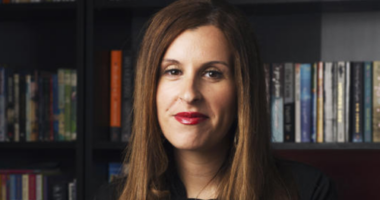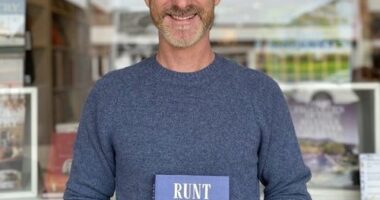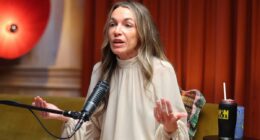Share this @internewscast.com
“My daughters have got a one-in-two chance of carrying the gene,” Linda says.

Linda (right) and her late mother Avril, who had breast cancer and also possessed the BRCA1 gene. Source: Supplied
To test or not to test
She’s now engaged in high-risk surveillance for breast cancer and has been advised to remove her ovaries between the ages of 35 to 40.
Linda’s youngest daughter Hannah, 22, is yet to decide whether she’ll undergo genetic screening, as screening for the for the BRCA gene is generally recommended from age 25.

Sam (left) has chosen to undergo genetic screening for the BRCA 1 gene while Meg has elected not to. Youngest sister Hannah (right) is still to decide. Source: Supplied
‘Legislation in limbo’
“They can double your premium, put conditions on that cover — and that’s something that happens all the time.”
She is one of the professionals who, for the past nine years, have been calling for a ban on Australian insurers using genetic test results to deny, increase the premium or change the terms of a life insurance policy.
Life insurance companies can’t access your [genetic testing] results directly. But it is perfectly legal in Australia at the moment for them to ask for your results and to discriminate on the basis of them.
Dr Jane Tiller
Although the announcement of the ban came six months ago, no legislation has been introduced — leading to calls for action from doctors union The Australian Medical Association.
‘I was a ticking time bomb’
“I had my heart surgery the following day,” Norm told Insight. “My arteries were over 90 per cent blocked; I was a ticking time bomb”.

Norm and his wife Nancy with their three children who also possess the same Type 1 gene as Norm. Source: Supplied
When Norm and Nancy decided to have children, Norm underwent DNA screening.
“You’ve got the gene but it’s not the end of the world,” Norm says. “DNA screening helps us give greater certainty to our future.”











